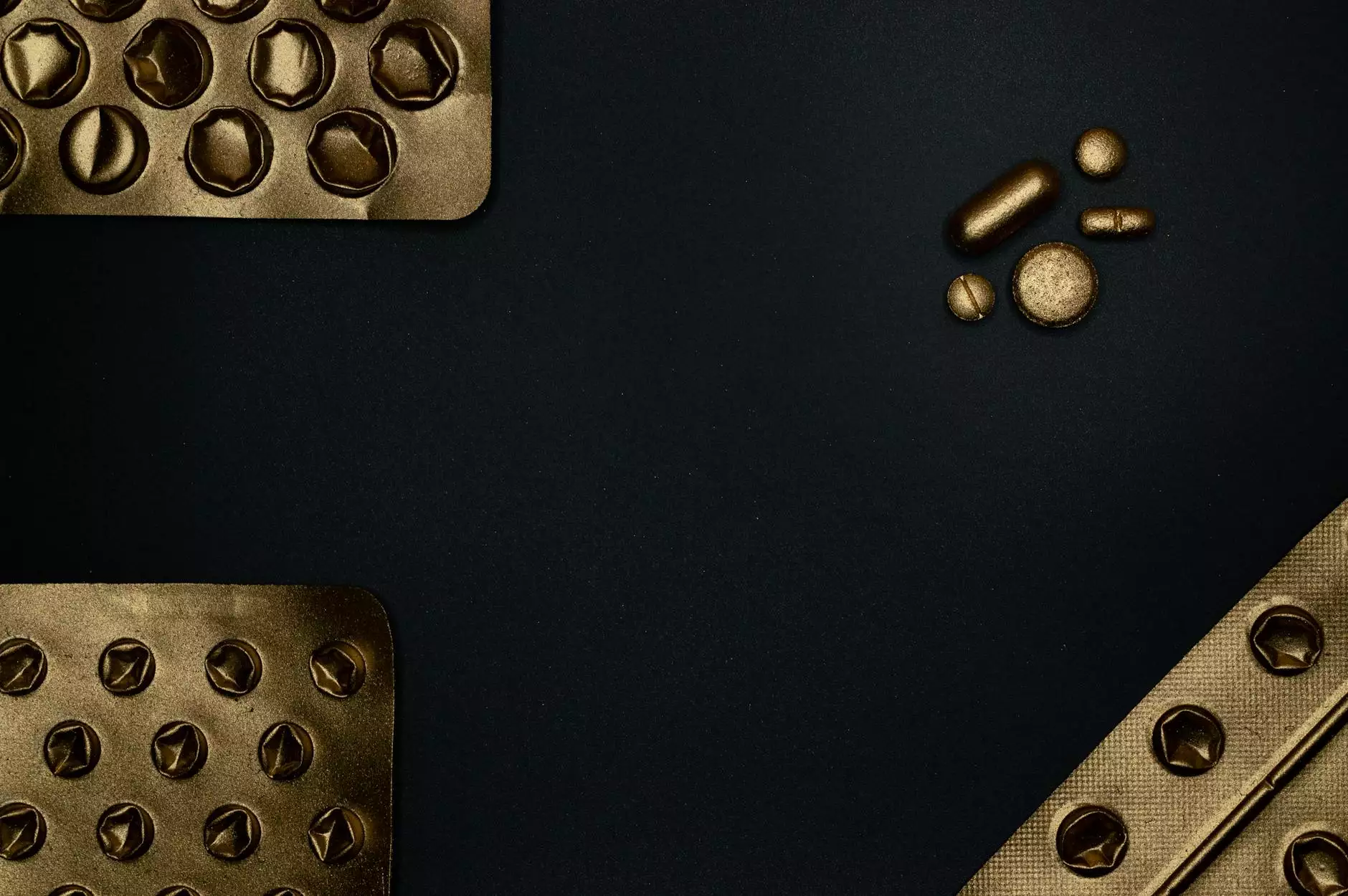Understanding the Role of an Injection Mold Maker in Metal Fabrication

In the world of manufacturing, the precision and quality of products are paramount. One of the key players ensuring that these requirements are met is the injection mold maker. This article delves deep into the intricacies of what it means to be an injection mold maker, the processes involved in mold making, the technologies utilized, and their importance in the broader context of metal fabrication.
What is an Injection Mold Maker?
An injection mold maker is a skilled professional who specializes in designing and fabricating molds that are used in the injection molding process. This process is essential for producing a wide array of products, ranging from automotive components to household items. The molds they create are critical because they determine the shape, precision, and finish of the final product.
The Importance of Injection Molding in Manufacturing
Injection molding is one of the most common manufacturing processes. Here are some key reasons why this technique is so important:
- Efficiency: Once a mold is created, it can produce thousands of identical parts in a short time frame.
- Cost-Effectiveness: For large production runs, the per-unit cost of producing items through injection molding decreases significantly.
- Precision: Injection molds can create complex shapes with high precision, ensuring each part fits perfectly with others.
- Material Variety: Injection molding can utilize a wide range of materials, including various metals and plastics, making it versatile.
The Process of Mold Making
The journey from concept to finished mold involves several key steps:
1. Design and Engineering
The first step is to create a design for the mold. This requires a deep understanding of the product that will be produced and the materials that will be used. Software tools like CAD (Computer-Aided Design) are often employed to create precise designs.
2. Material Selection
Choosing the right material for the mold is crucial. Options may include steel, aluminum, or other alloys, each with its own advantages and disadvantages. Factors influencing material choice include:
- Durability: Steel molds offer longevity but at a higher cost.
- Production Volume: Aluminum molds can be more cost-effective for lower production runs.
- Thermal Conductivity: Materials that dissipate heat rapidly can improve cycle times.
3. Machining and Fabrication
With the design finalized and material selected, the mold is fabricated using advanced machining techniques. This may involve CNC (Computer Numerical Control) machining, wire EDM (Electrical Discharge Machining), and other precision engineering processes.
4. Assembly and Testing
Once the individual parts have been made, they are assembled into a complete mold. The mold undergoes rigorous testing to ensure it meets the required specifications.
5. Maintenance and Repair
Even the best molds require maintenance over time. Mold makers must have a plan for routine checks and repairs to ensure molds continue to function correctly and produce quality parts.
Technological Advancements in Injection Mold Making
The field of injection mold making has seen substantial technological advancements that enhance efficiency and precision. Some notable innovations include:
1. Advanced CAD/CAM Software
Modern CAD (Computer-Aided Design) and CAM (Computer-Aided Manufacturing) software allow mold makers to create highly complex designs with ease, improving both productivity and accuracy.
2. 3D Printing
3D printing technology is increasingly being used to create prototypes and even some mold components. This rapid prototyping capability allows for quicker design iterations and testing.
3. Automated Processes
Automation in machining and assembly processes reduces human error and increases output, allowing businesses to meet high demand without sacrificing quality.
Choosing the Right Injection Mold Maker
Finding the right injection mold maker can significantly impact your project’s success. Consider the following factors when making your decision:
1. Experience and Expertise
Evaluate the experience of the mold maker in your specific industry. Look for a provider with a proven track record of delivering high-quality molds on time.
2. Technology and Equipment
Assess the technologies and machinery used by the mold maker. Advanced equipment often translates to better quality molds and decreased lead times.
3. Quality Assurance
Inquire about their quality assurance processes. A commitment to quality guarantees that the molds produced will consistently meet specifications.
4. Customer Support and Communication
Choose a mold maker that communicates effectively and provides ongoing support throughout the design and manufacturing processes.
The Future of Injection Mold Making
The future of the injection mold maker profession looks bright as demand for precision products continues to grow. Key trends shaping this future include:
1. Sustainability
As industries strive for greener practices, mold makers are adopting sustainable materials and processes. This shift not only reduces environmental impact but also appeals to eco-conscious consumers.
2. Customization
With advancements in technology, personalized and customized products are becoming more common, necessitating mold makers to adapt to the needs of various clients.
3. Globalization
The globalization of manufacturing opens new markets for mold makers but also intensifies competition. Companies must innovate and improve efficiencies to remain competitive in a broader market.
Conclusion
The role of an injection mold maker is crucial in the landscape of metal fabrication and manufacturing. Their expertise not only ensures high-quality products but also drives innovation within the industry. As advancements continue, collaborating with a proficient mold maker can lay the foundation for successful manufacturing ventures. If you are looking for a reliable and experienced injection mold maker, explore the offerings at Deep Mould for high-quality solutions tailored to your needs.
In summary, understanding the complexities of injection molding and the integral role that mold makers play is essential for any business seeking success in today's competitive market.








